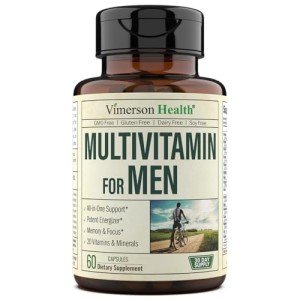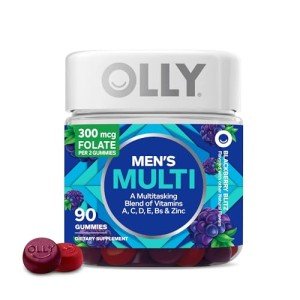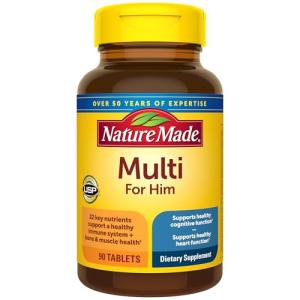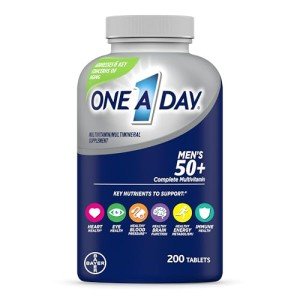As we age, our bodies undergo a lot of changes, and our nutritional needs shift too. Seniors have unique dietary requirements that are important to keep in mind when selecting vitamins for seniors. A balanced diet is essential, but sometimes it’s hard to get all the necessary nutrients from food alone. That’s where vitamins come in!
One of the key things to consider is that seniors need more of certain vitamins than younger adults. For instance, Vitamin D is crucial for bone health, especially since bone density decreases with age. Likewise, Vitamin B12 is vital for energy and maintaining a healthy nervous system, but many seniors have trouble absorbing it. A good multivitamin for seniors should prioritize these nutrients.
Another important aspect is hydration. Many seniors don't drink enough water, which can affect nutrient absorption. Some vitamins are water-soluble, meaning they need water to be absorbed effectively. This is where a daily reminder or a tasty drink can help!
Finally, always keep in mind any specific health conditions. For instance, if a senior has osteoporosis, they might benefit from extra calcium and Vitamin D. If they’re dealing with heart issues, Omega-3 fatty acids could be more of a focus. Tailoring vitamin intake to fit their individual needs makes all the difference in overall health and wellness.
Key Vitamins for Healthy Aging
Aging is a natural part of life, but making sure we get the right vitamins can help us feel our best as we grow older. Vitamins for seniors can play a key role in maintaining health, boosting energy, and supporting overall wellbeing. Here are some essential vitamins that can make a difference.
Brain and Nervous System Support
Vitamin B12: As we age, our body may absorb this vitamin less efficiently. B12 is vital for brain health and energy production, so making sure you get enough can help keep your mind sharp and stave off fatigue. Look for a B12 supplement that’s easy to digest or consider fortified foods.
Vitamin B6: Also supports brain health and immune function. Absorption decreases with age, which means deficiency that can affect memory and energy in older adults.
Folate (Vitamin B9): Essential for DNA synthesis and brain function. Keeping satisfactory levels can reduce the risk of depression and dementia like Alzheimer's.
See our selection of Vitamin B complex
Bone and Muscle Health
Vitamin D: This vitamin is crucial for bone health and can help prevent osteoporosis. Many seniors don’t get enough sunlight, which means their Vitamin D levels might be low. A good supplement can help keep bones strong and support muscle function.
Visit our Vitamin D supplements
Calcium: Important for stronger bones and muscle function. Levels drop as we age due to reduced absorption which makes taking a supplement important.
View our Calcium supplements
❤️Heart and Immune Health
Vitamin E: Works as an antioxidant, protecting cells from damage and supporting the immune system.
Take a look at our Vitamin E supplements
Omega-3 Fatty Acids: Vital for heart and brain health. Also known for reducing inflammation and supporting memory.
Check out our Omega Fatty Acids
Antioxidant and Skin Health
Vitamin C: This powerful antioxidant helps support the immune system, which is especially important for seniors. It also plays a role in collagen formation, which keeps our skin looking healthy and vibrant. Eating plenty of fruits and veggies high in Vitamin C, or taking a supplement, can be beneficial.
Take a look at our selection of Vitamin C supplements
Vitamin A: Helps to support vision, immune and skin health.
See our selection of Vitamin A supplements
Add these vitamins for seniors to your daily routine to help support your health during the aging process. Always talk to a healthcare provider before starting any new supplements to make sure they’re right for you!
How to Read Vitamin Labels
When shopping for vitamins for seniors, one of the most important skills you can develop is knowing how to read the labels. Vitamin bottles can be packed with information, so it's easy to feel overwhelmed. Let's break it down into a few simple steps!
First, check the Serving Size. This tells you how many vitamins are in one dose. Be sure to note whether you’re looking at a daily serving or multiple servings. Sometimes, just one or two tablets may be all you need, or you might need to take them multiple times a day to get the right dosage.
Next, look at the % Daily Value (%DV). This percentage shows how much a nutrient in a serving contributes to a daily diet. For seniors, aim for vitamins that provide closer to 100% of the nutrients you need, but be cautious of those that offer way more than your daily requirement. Too much of certain vitamins can be just as concerning as too little!
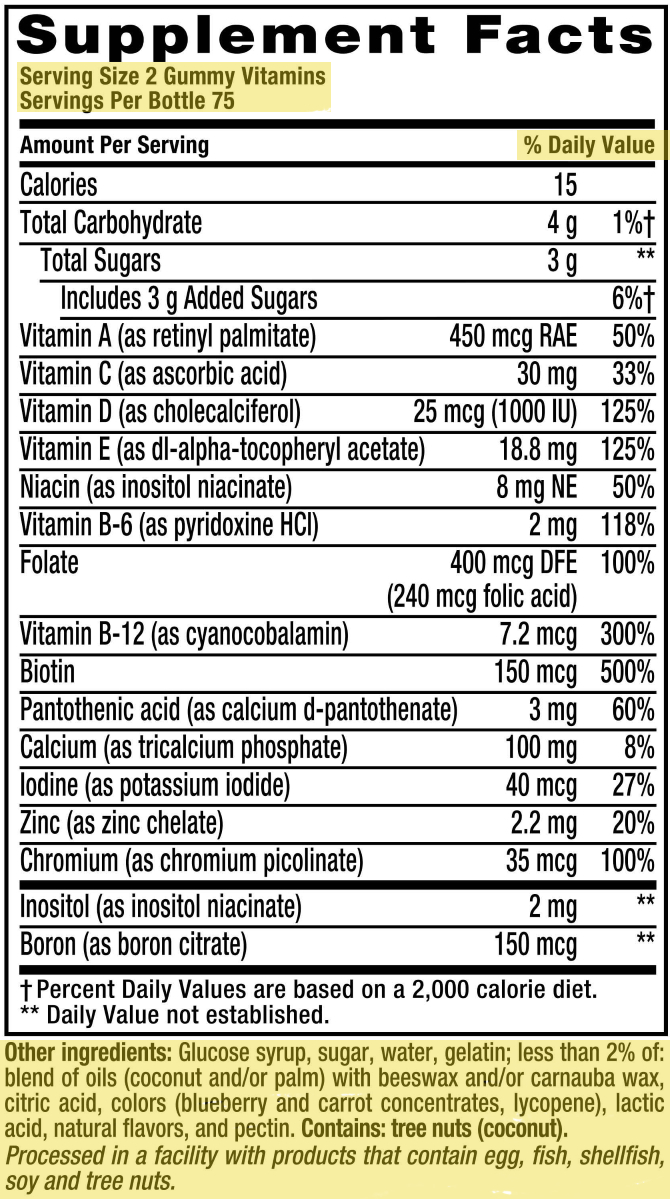
Don't forget to check the (other) ingredients list. You want to see straightforward, recognizable ingredients without too many fillers or artificial additives. If you're focusing on vitamins for seniors, it’s a good idea to look for those formulated specifically for older adults, as they often contain the right balance of nutrients.
Lastly, consider any of your health conditions or medications. Some vitamins might interact with medications or aren’t necessary if you’re already getting enough of that nutrient from food. If in doubt, chatting with a healthcare provider can help ensure you're making the best choices for your health!
Tips for Safe Vitamin Use
When it comes to taking vitamins for seniors, safety should always be a top priority. Here are some tips to help ensure that the vitamins you choose are beneficial and safe.
1. Consult Your Doctor: Always check with your healthcare provider before starting any new vitamins or supplements. They can help you determine which vitamins for seniors are best for your individual health needs and any potential interactions with medications.
2. Check for Quality: Not all vitamins are created equal. Look for reputable brands that provide transparency about their ingredients. Choosing products that are tested by third parties can add an extra layer of assurance about quality and safety.
3. Pay Attention to Dosages: Read the labels carefully to understand the recommended dosages. More isn't necessarily better; sticking to the suggested amount can prevent any adverse effects. If you're unsure, don’t hesitate to ask your doctor.
4. Stay Updated: As we age, our vitamin and mineral needs might change. It’s important to reevaluate your vitamin intake regularly, especially if your health status changes or if you start new medications. This ensures you’re always getting the most out of your vitamins for seniors.

